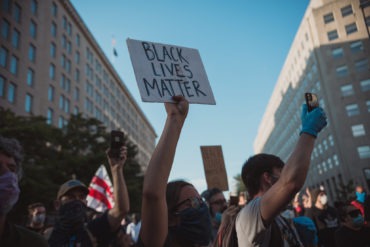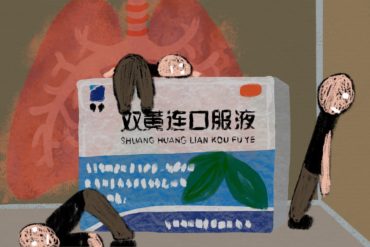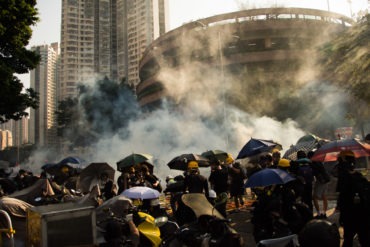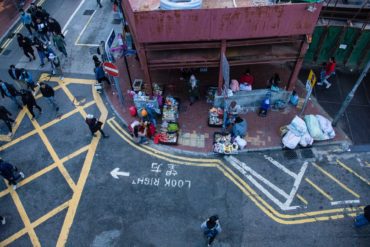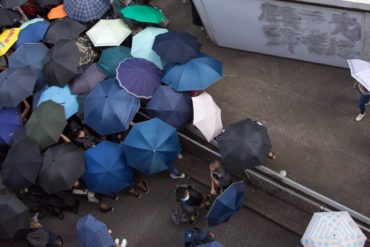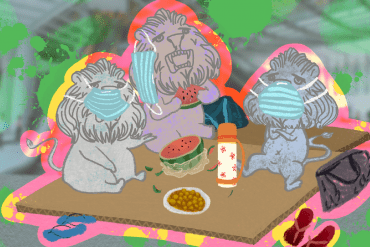Hongkongers empathize with the struggle against policing, but continue to disavow the existence of racism in Hong Kong.
translation
In China, the emergence of mutual aid groups in response to the pandemic brings new possibilities, amidst a narrowing space for public participation.
One failure will not break the union and general strike movement. We will seize every opportunity available to resist.
洛石·
Since the British colonial era, the Hong Kong government's apathetic approach to social welfare has undermined workers' rights.
It is time for the Hong Kong movement to affirm its solidarity with oppressed people across the world. We have much to learn from the struggle for Black liberation.
Filipino workers experience a double precarity under neoliberal austerity and the lingering effects of US militarism at home, while facing abuse as cheap export labor in Hong Kong.
When others are in crisis, have we ever invested time and effort to understand their struggles, and extend our solidarity and support?
Beijing is but one of the most visible causes of Hong Kong’s social ills. The "invisible hand" of the free market lies at the root.
The recent override of Hong Kong legal and political institutions in pushing for national security laws shows precisely how vulnerable the Basic Law has always been to manipulation by elite interests.
How can we connect the struggles of people with different abilities and migrant domestic workers?
Two pandemics, four employers, two decades of fierce commitment to organizing migrant workers in Hong Kong.
The recent rediscovery of organized labor may be serendipitous, but transforming this pivot into sustained commitment to worker organizing requires careful cultivation in the long run.

